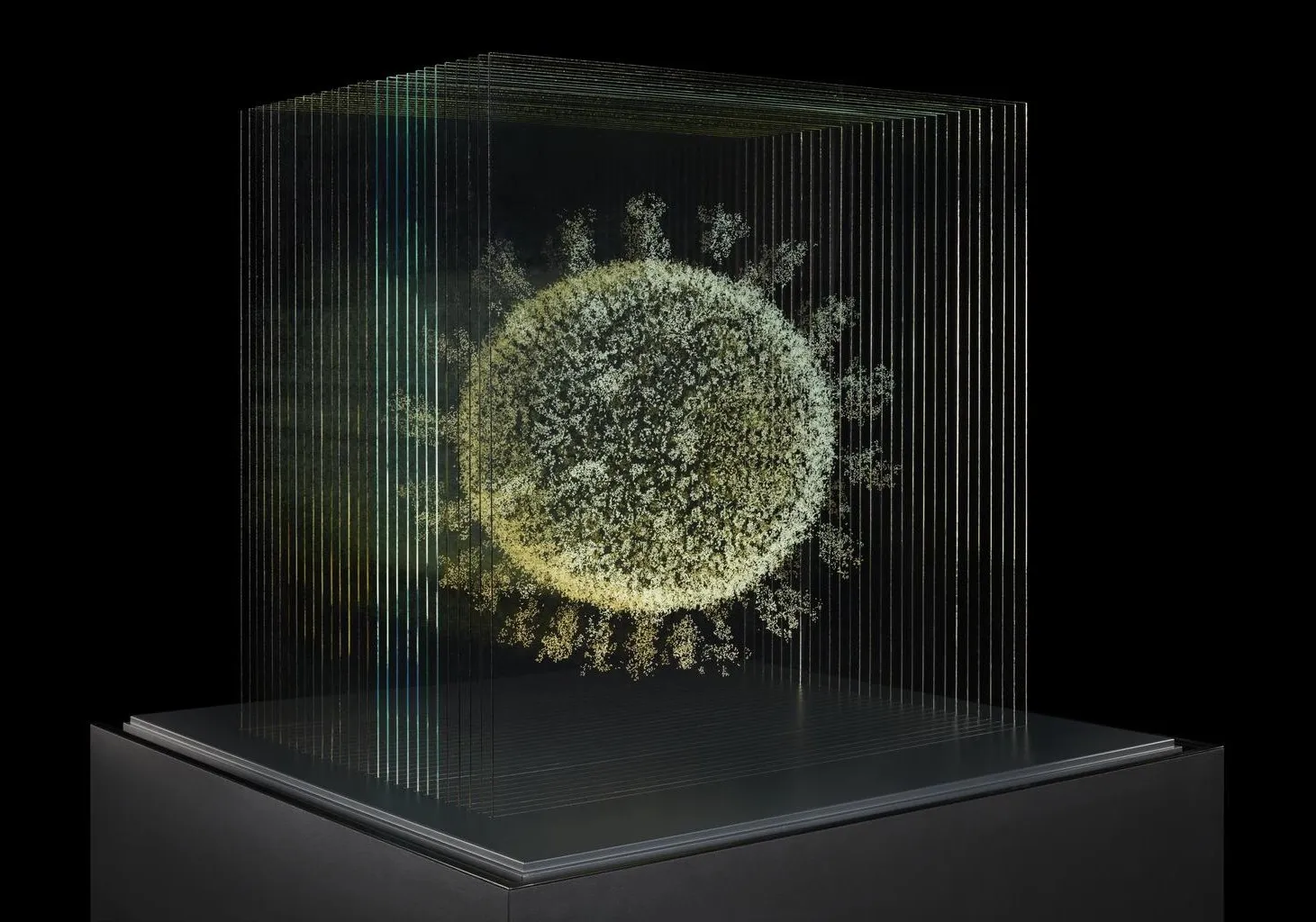For centuries, we have viewed pandemics as natural disasters—unpredictable events that simply happen to us. But recent revelations from the German intelligence service, which as early as 2020 considered a lab leak likely, force us to confront an uncomfortable question: what if this pandemic did not come from nature, but from a laboratory? Although the Chinese government denies this, these findings cast new light on biotechnological research. How far can—and should—we go in our pursuit of knowledge and control?
We have long seen nature as something external to us: a raw, unpredictable force beyond our control. Epidemics, earthquakes, and storms have traditionally been considered natural disasters, with humans as mere victims. But what if we ourselves were at the root of such a global crisis? The idea that a pandemic may have originated from human actions, through scientific research in a laboratory, shatters this comforting illusion. The boundary between nature and human technology is blurring, forcing us to reconsider our role as passive observers.
Even more unsettling is the notion that scientific research, which we typically see as our protector against disease, may itself have played a role in causing a pandemic. Laboratories manipulate viruses with the intent of better understanding future pandemics, but if such an experiment actually allowed a virus to escape, it raises a profound ethical question: can we study and control nature without unforeseen consequences?
We are not passive victims of pandemics or natural disasters; we are active participants in the ecosystem, with technology as our new evolutionary force.
We live in an era where technology is no longer just a tool but an integral part of our evolution. Genetic manipulation, artificial intelligence, and biotechnology are not only changing how we live but also reshaping our environment and even our own biology. This brings with it a deep existential fear: what if we lose control? The idea that a pandemic might be the result of human curiosity and technological ambition echoes classical tales of hubris—the overconfidence of humankind leading to its own downfall.
The lab-leak theory not only challenges our relationship with technology and nature but also shakes the very foundations of our society: trust in science, politics, and the media. In an era of increasing polarization, distinguishing fact from fiction is becoming ever more difficult. The possibility that human actions played a role in a pandemic fuels distrust and strengthens conspiracy thinking. This makes it even more challenging to have a rational discussion about the future of biotechnological research and its ethical boundaries. Where politicians tend to dismiss uncomfortable questions to avoid confusion and polarization, philosophers seek to open the debate. But how much space is left for philosophy in a world that has less and less patience for nuance?

Ultimately, this discussion reveals that humanity is not separate from nature but inextricably intertwined with it. We are not passive victims of pandemics or natural disasters; we are active participants in the ecosystem, with technology as our new evolutionary force. If the virus did indeed originate from a lab, this is not just a political or scientific issue but a philosophical one: how do we handle the immense responsibility that comes with our growing technological power?
We like to believe that pandemics “just happen” and that technology only brings progress. But reality is far more uncomfortable. Humanity and its technology are not outsiders to nature; we are constantly reshaping it. The question is no longer whether we have an impact, but how we take responsibility for it.
Photo Credits: ‘’2020: The Sphere that Changed the World
Artist: Angela Palmer
Collection: Science Museum London
Photography: Andrew Smart, A C Cooper


Comments (0)
Share your thoughts and join the technology debate!
No comments yet
Be the first to share your thoughts!